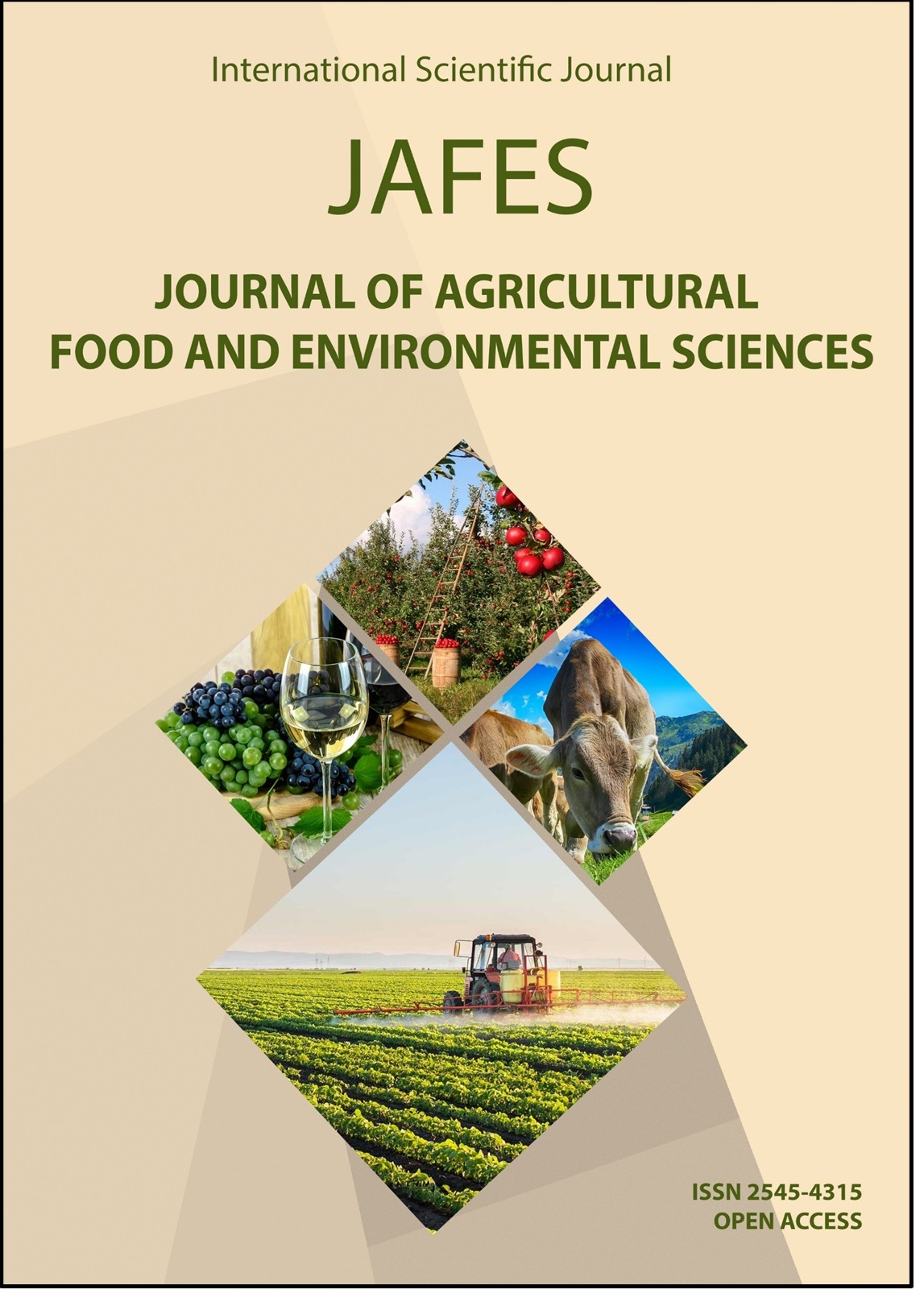ASSESSING YOUTH EMPLOYMENT OPPORTUNITIES IN AGRIBUSINESS: A CASE STUDY FROM THE PELAGONIA REGION
##plugins.themes.bootstrap3.article.main##
Апстракт
The agri-food sector in the Pelagonia region of North Macedonia, despite its importance to the local economy, struggles to attract young people to employment opportunities. This study surveyed 15 companies of different sizes and an academic institution to understand the skills and competencies employers need and to explore the factors behind youth unemployment in this sector. The findings point to a mismatch between the skills taught in formal education and those demanded by the industry, as well as certain gender disparities in job opportunities in agri-food sector. Employers emphasized the need for both soft skills, such as teamwork and flexibility, and hard skills, including practical agricultural expertise. A major barrier identified is the gap between formal education and the practical needs of the workplace, along with a lack of motivation and awareness among youth about the potential careers in the agri-business sector. The study recommends enhanced collaboration between academia and industry, increased internship opportunities, and efforts to make the agri-food sector more appealing to young people. By addressing these issues could help build a more skilled and inclusive workforce, supporting the sustainable growth of Pelagonia region's agri-food sector.
Downloads
##plugins.themes.bootstrap3.article.details##
Референци
Farnworth, C. R., Sundell, M., & Nzioki, R. (2013). "Transforming Gender Relations in Agriculture in Sub-Saharan Africa: Promising Approaches." Working Paper No. 2013-1, CGIAR Research Program on Policies, Institutions, and Markets. Available at https://pim.cgiar.org.
Leavy, J., & Hossain, N. (2014). "Who Wants to Farm? Youth Aspirations, Opportunities and Rising Food Prices." IDS Working Papers, 2014(439), 1-44. DOI: 10.1111/j.2040-0209.2014.00439.x
Proctor, F., & Lucchesi, V. (2012). "Small-scale farming and youth in an era of rapid rural change." International Institute for Environment and Development. Available at https://pubs.iied.org
Sumberg, J., Anyidoho, N. A., Leavy, J., te Lintelo, D. J. H., & Wellard, K. (2017). "Young People and Agricultural Policy in Africa." IDS Bulletin, 43(6), 12-20. DOI: 10.1111/j.1759-5436.2012.00374.x
Tadele, G., & Gella, A. (2012). "A Last Resort and Often Not an Option at All: Farming and Young People in Ethiopia." IDS Bulletin, 43(6), 33-43. DOI: 10.1111/j.1759-5436.2012.00377.x
Torero, M. (2019). "Harnessing Digital Technology for Next Generation Agri-food Systems." Agricultural Economics, 50(6), 693-708
White, B. (2012). "Agriculture and the Generation Problem: Rural Youth, Employment and the Future of Farming." IDS Bulletin, 43(6), 9-19. DOI: 10.1111/j.1759-5436.2012.00375.x

